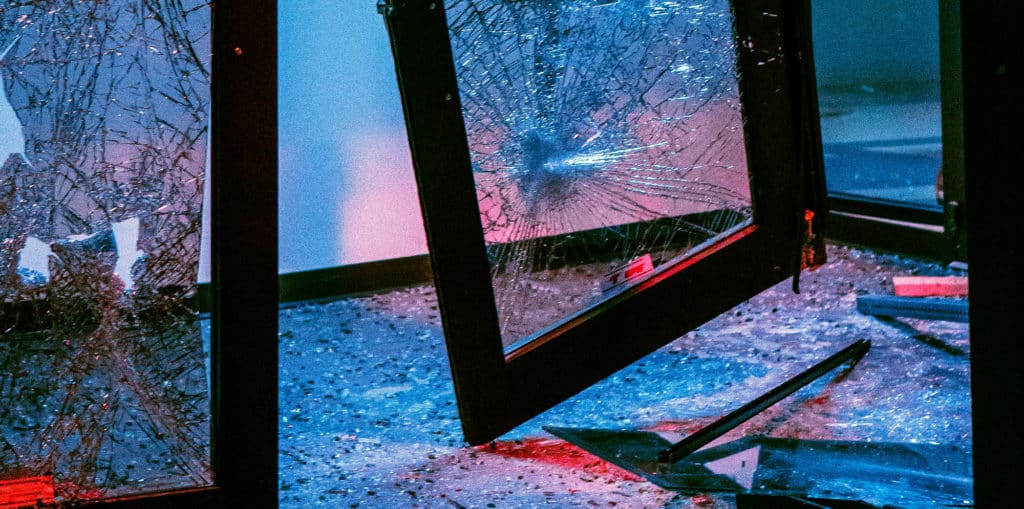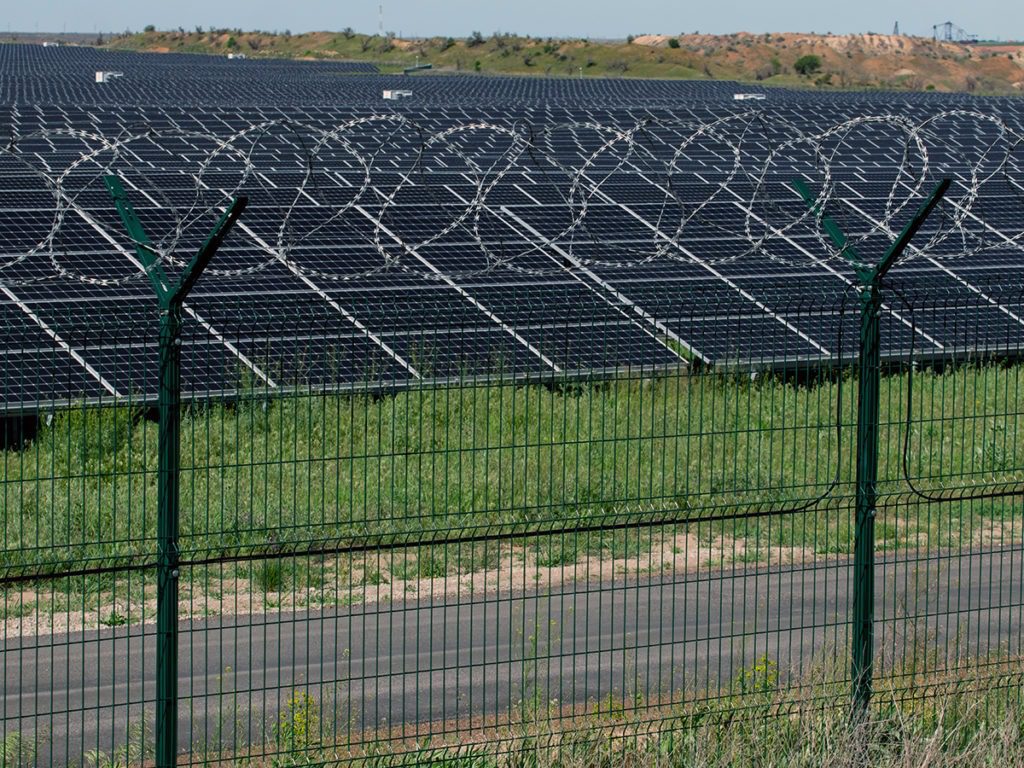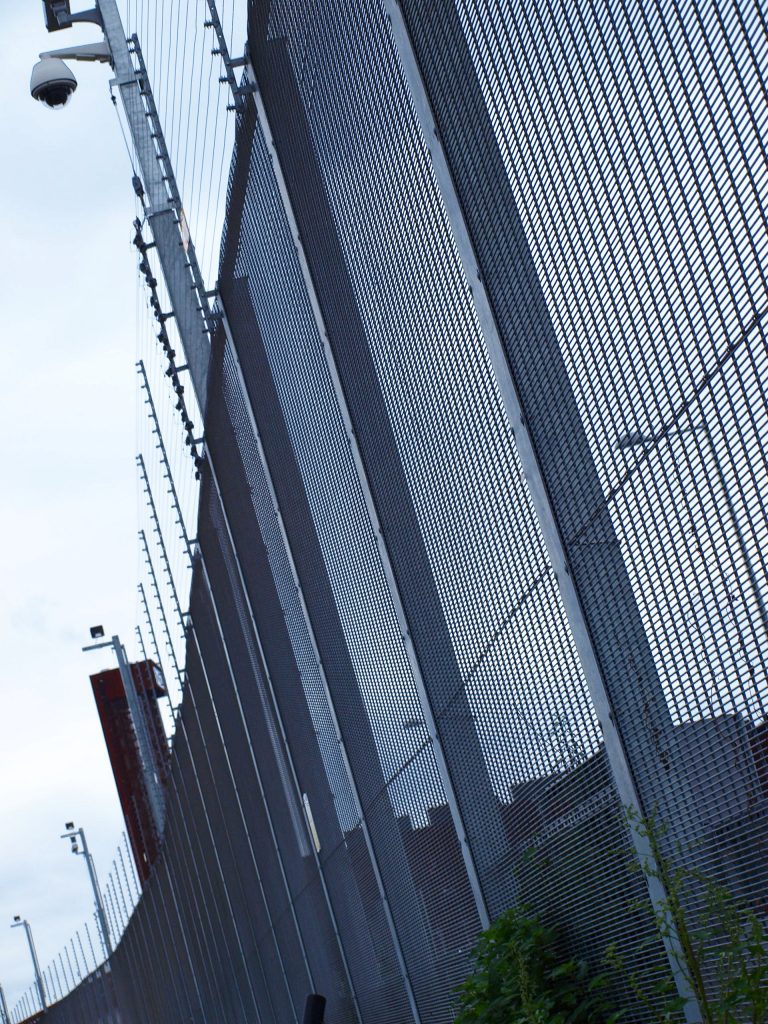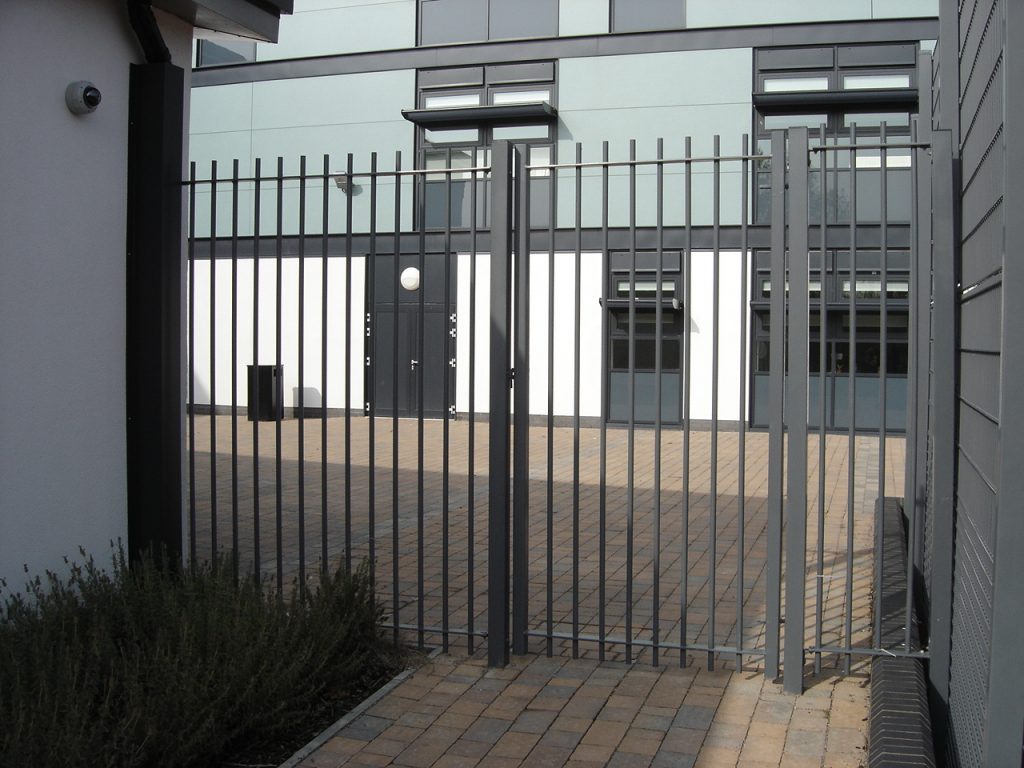The migrant crisis has forced several nations to look carefully at their borders. Now, Hungary and Bulgaria are looking into following Israel’s example by creating a physical barrier along their border.
Turkey has already revealed plans to create security fencing down the length of one 500-mile border, and now Hungary and Bulgaria, which are both facing massive problems with migration from Syria and other Middle Eastern and North African nations, have enquired about buying the Israeli-designed fences to run down the length of their most sensitive borders.
Israel already has this fencing in place along its 140-mile border with Egypt. It was built over three years ago at the cost of £250m, and the Eastern European nations are likely to spend approximately £2m for each mile. In addition, a different barrier of steel and concrete separates Israel and the West Bank.
The fencing is aggressive, to say the least, and will be approximately six metres tall and topped with razor wire. However, cameras and motion sensors will bring hi-tech support to a traditional solution that has provoked a negative response in some quarters.
The European Commission had expressed its opposition to fences, which threaten to take Europe back to a time before the borders opened up as part of the EU’s formation. It has refused to help countries finance the fences and has expressed public disappointment at Hungary, which first opened the frontier to the Iron Curtain in 1989, looking to re-establish stronger boundaries. It recognises, though, that each nation has the right to defend its borders any way it can.
Hungary has been swamped with Syrian refugees trying to get through to Germany, the United Kingdom and other wealthy European nations. The emotive images in the newspapers have created a public outcry and helped the refugees find homes in Western Europe. The strain on Hungary’s military, police force and immigration, though, is immense, and the financial implications are a deep concern for the Hungarian government. The refugees may not want to stay in Hungary, but the cost of them simply passing through is spiralling by the day.
The Israeli security fencing is a radical solution, but Hungary has been forced to look at drastic measures by the sheer scale of the crisis.
Looking for fencing for borders? Contact Zaun today!




